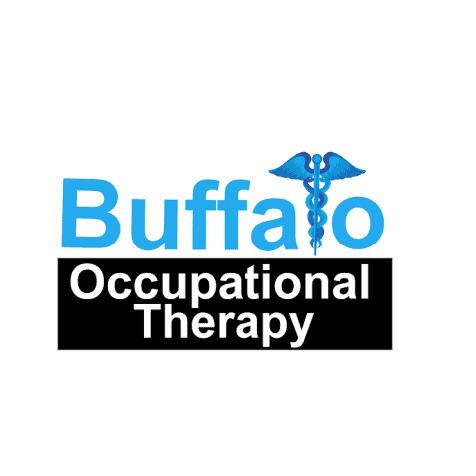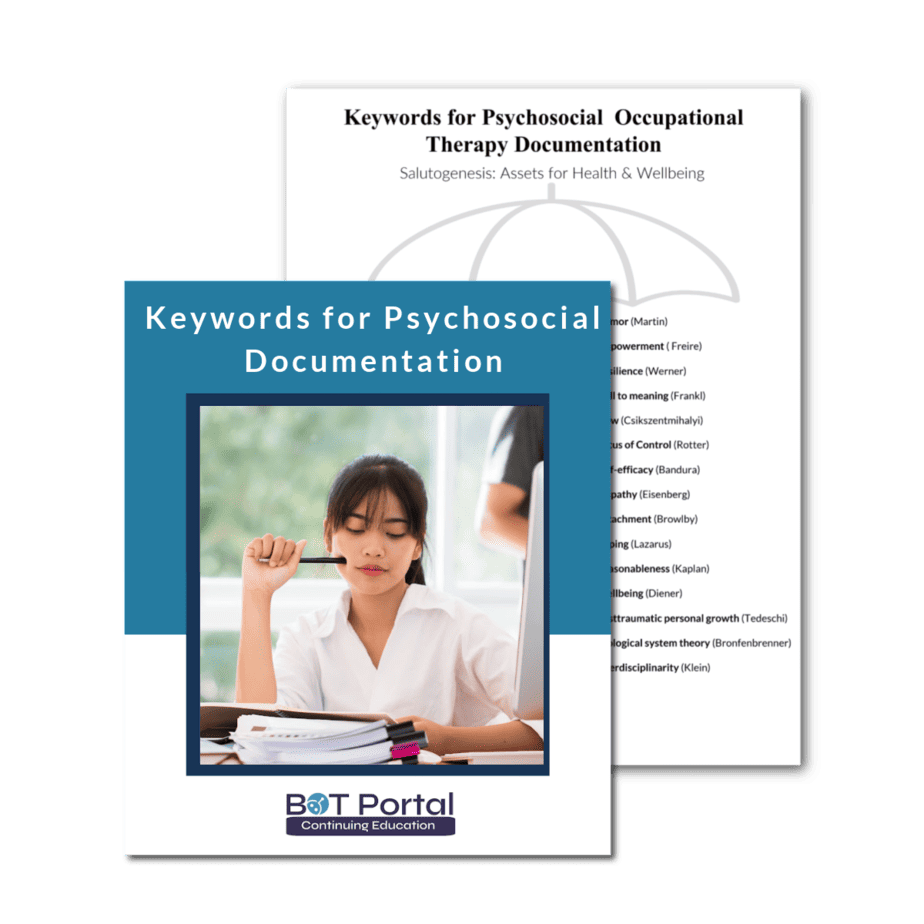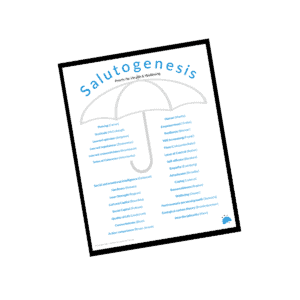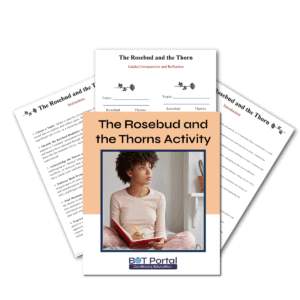Description
Psychosocial Keywords for Occupational Therapy Documentation
Effective documentation using psychosocial keywords for occupational therapy serves as a cornerstone for providing comprehensive care and ensuring the well-being of clients. When it comes to psychosocial occupational therapy, documentation becomes even more crucial, as it captures the nuances of a client’s emotional and mental health journey. An illustration highlighting “Keywords for Psychosocial Occupational Therapy Documentation” offers a valuable resource for practitioners and clients alike, facilitating clear communication and goal-oriented interventions.
This illustration serves as a visual aid, outlining key terms and concepts essential for documenting psychosocial occupational therapy interventions. From identifying emotions and coping strategies to documenting progress and treatment outcomes, each keyword plays a vital role in capturing the holistic nature of psychosocial care.
Education on these keywords is essential for both occupational therapists and clients. For therapists, familiarity with these terms enhances their ability to accurately assess, plan, and implement interventions tailored to the client’s psychosocial needs. By incorporating these keywords into their documentation practices, therapists ensure that the client’s progress and treatment goals are effectively communicated to other healthcare professionals and stakeholders.
For clients, understanding these keywords empowers them to actively participate in their therapy journey and advocate for their needs. By familiarizing themselves with terms such as “social and emotional intelligence,” coping,” and “resilience,” clients gain insight into the therapeutic process and the factors influencing their emotional well-being. This knowledge fosters a collaborative relationship between therapist and client, enabling them to work together towards shared goals and objectives.
Some other helpful links:
Check out BOT Portal: Resource Site for Occupational Therapy Students and Practitioners




